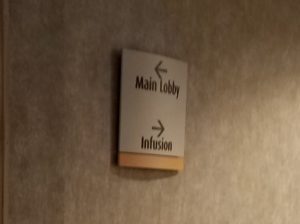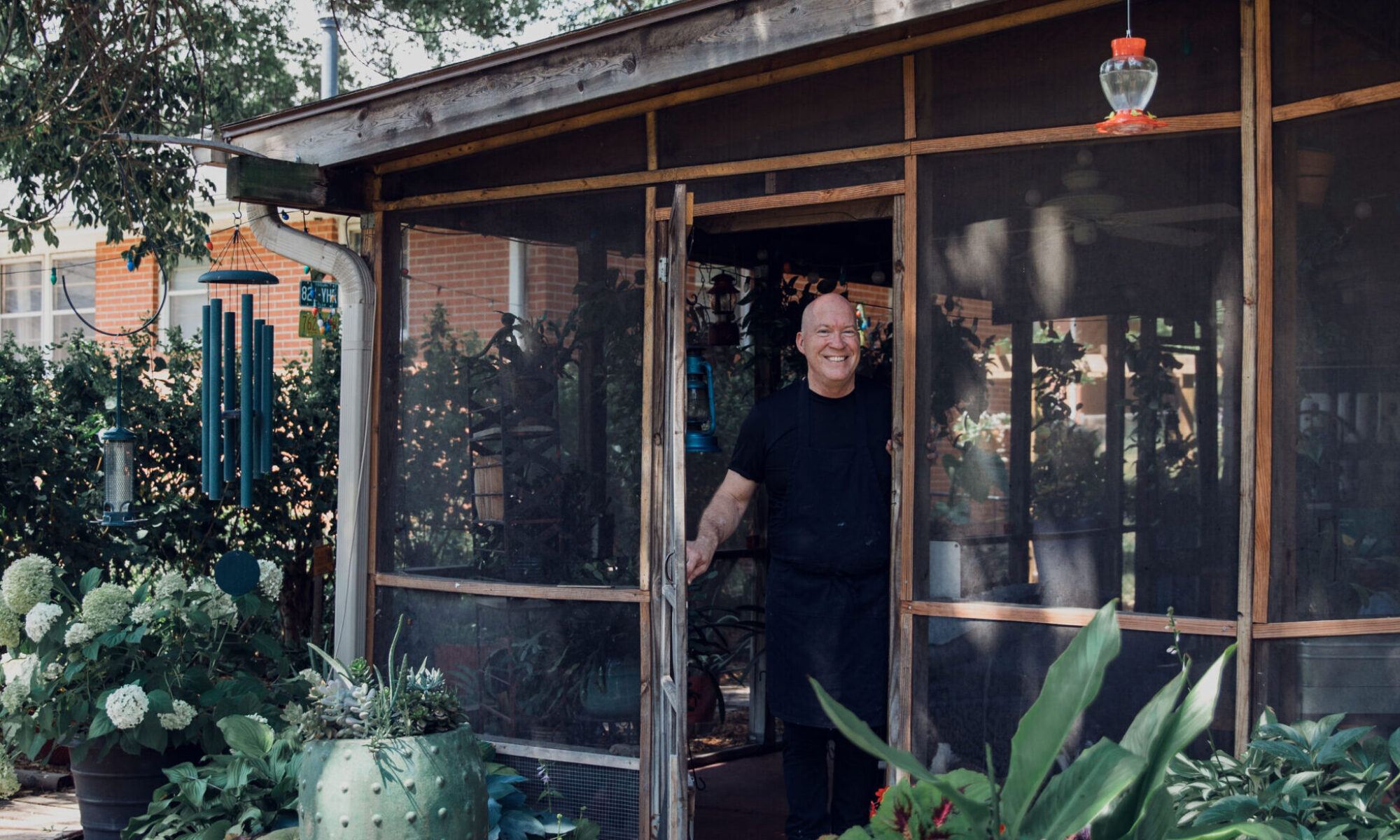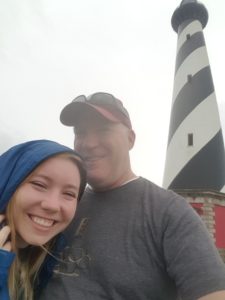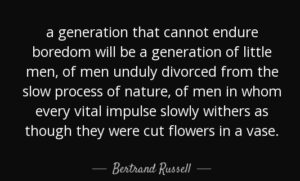
It began last Saturday night. Fever, fatigue, chills, aching joints. All are expected signs of the punishment of chemotherapy. As it carried into Sunday, her condition got progressively worse, leading her to sleep all day and eat very little. By the time Monday morning rolled around, it was unlike anything I’ve ever seen her go through, with maybe the exception of childbirth. She sounded like she was in labor; deliberate breathing through abnormal pain, and there was very little I could do to alleviate any of it. My job was just to stay present.
In this way, I become a patient. Because patience is needed in large quantities in moments like these.
After an initial evaluation, the oncologist determined she needed to be admitted into the ER for immediate observation and testing. Her blood count was way off. Fever indicated some type of unknown infection. They wanted to keep her overnight, both for her well-being and to see if they could identify the cause of her severely weakened condition. This was the beginning of five days of uncertainty. What was happening in her body that stumped so many experts?
When the illness calls for patience., prescribe it in abundant dosages.
When she was diagnosed in November for a third time, I resolved to enter into this experience differently than the previous two. I determined to adopt a mindset that sought to gain through the difficulty. Whenever it starts to feel challenging, that is the point that I need to stop, pay attention and ask myself how I can change my thinking. What am I missing that otherwise I stand to benefit from?
Caregivers, keep in mind that the person for which you are caring does not want to be in the condition they are in. It’s not right. It’s not normal. So if they get edgy, put yourself in their shoes. It sucks to be them right now. And remember the importance of your role.
Its no fun to be in need. Whether its a child, a parent, or spouse in the home, or even if you care for people professionally, there is a weight of responsibility that you willingly carry for someone else when they cannot carry themselves. This is the beauty of the gesture. If it wasn’t beautiful, how many of us would have raised children? The sacrifice of effort always gives way to new discoveries of joy.
It doesn’t have to be a burden.
Karen is home now, resting and recovering, rebuilding her strength. Thanks to the many of you who have prayed, called, texted, emailed, brought groceries, cleaned our house, granted time off work. Being in need like this is obviously not preferred, but it is not without blessing either. The picture I have in my mind is of standing on a well trodden path. And in one direction are my problems and undesirable circumstances, and down the opposite direction are my blessings in all their fullness and delight. I can only stare in one direction at a time. And I would rather stare in the direction of the good and absorb everything I can from it. It doesn’t change my circumstances or make the problems go away. But it does make me see in a different light.
Thank you one and all.








